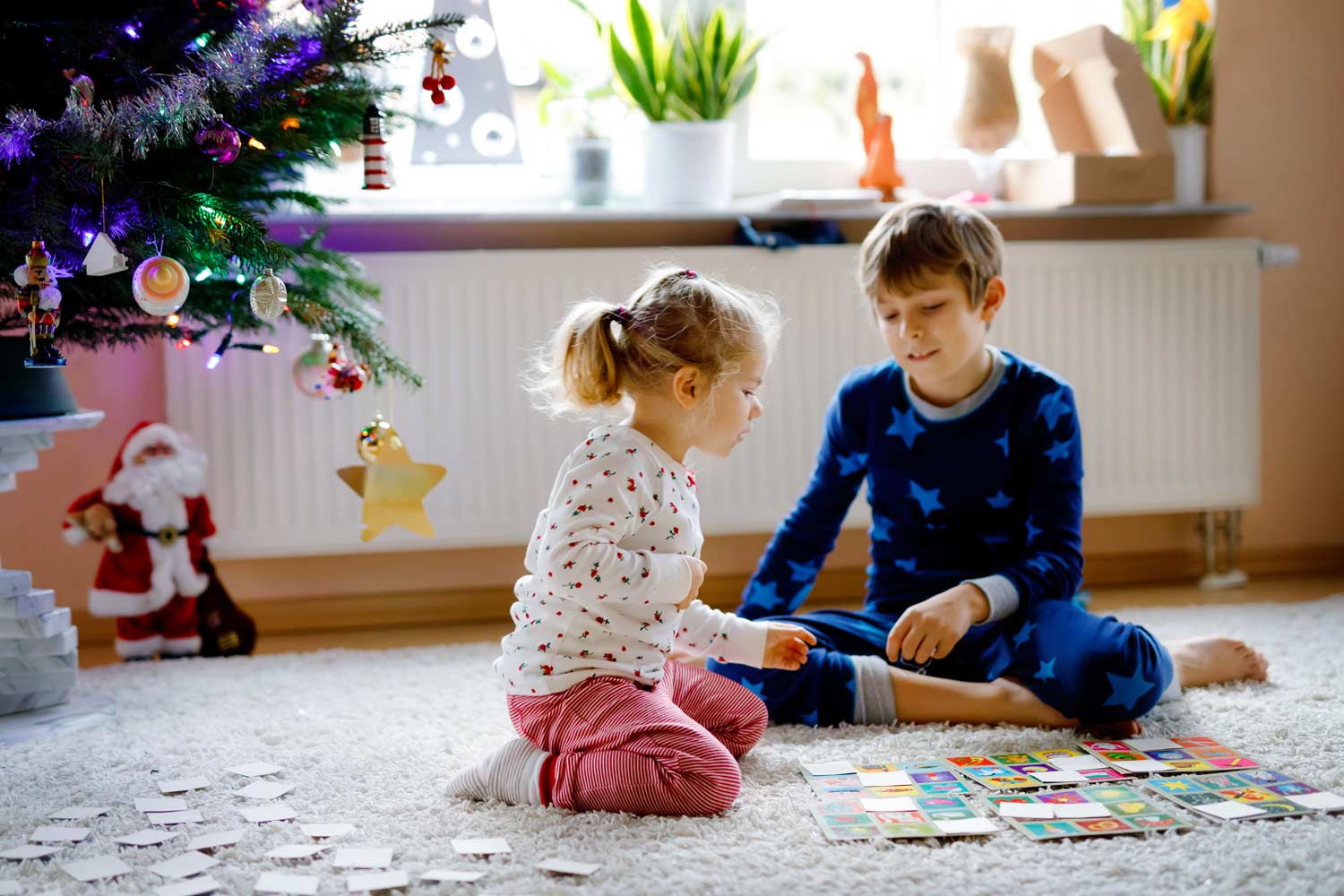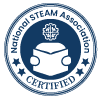
As an increasing number of children grapple with mental health challenges post-pandemic, parents are actively seeking ways to nurture their emotional resilience. Toy companies are taking notice of this growing concern and responding with a new focus on MESH—mental, emotional, and social health—as a crucial designation for toys designed to impart skills such as adapting to challenges, conflict resolution, self-advocacy, and problem-solving.
MESH, an acronym established in child development circles and by the American Camp Association a decade ago, has gained renewed significance in the wake of the pandemic. Recognizing the need for intentional play that fosters emotional resilience, Rachele Harmuth, the head of ThinkFun at toy company Ravensburger, and resilience expert Dr. Deborah Gilboa formed a MESH task force earlier this year. Their aim is to encourage manufacturers to design toys with emotional resilience in mind and to have retailers market them accordingly.
The plan is to establish MESH certification for toys by mid-2024, similar to the certification process for STEAM toys emphasizing science, technology, engineering, arts, and math. The Toy Association, as noted by spokeswoman Adrienne Appell, intends to monitor MESH closely as it continues to evolve.
Many toys that align with the MESH concept are likely already present in children’s toy collections, including memory games, puppets, specific types of Legos, Pokémon trading games, and Dungeons & Dragons. This focus on MESH was evident at the recent four-day annual toy industry show in New York, featuring products from companies like hand2mind and Open the Joy, encouraging children to express their feelings using mirrors or puppets.
James Zahn, the editor-in-chief of the Toy Book, anticipates that the bulk of new toys developed with MESH in mind will be available starting next year. However, there are concerns that the MESH approach may oversell its potential benefits and become a marketing gimmick, potentially exploiting parents’ anxieties about their children’s mental health.
Independent toy analyst Chris Byrne expresses concern that MESH could create a culture of fear among parents, falsely suggesting that their children are not developing socially and emotionally without specific toys. Despite these reservations, experts acknowledge the urgent need to address childhood depression and anxiety, particularly exacerbated by the pandemic’s stress and grief. As educators increasingly prioritize social-emotional learning to equip children with essential soft skills, the MESH initiative emerges as a response to the evolving landscape of children’s well-being.
